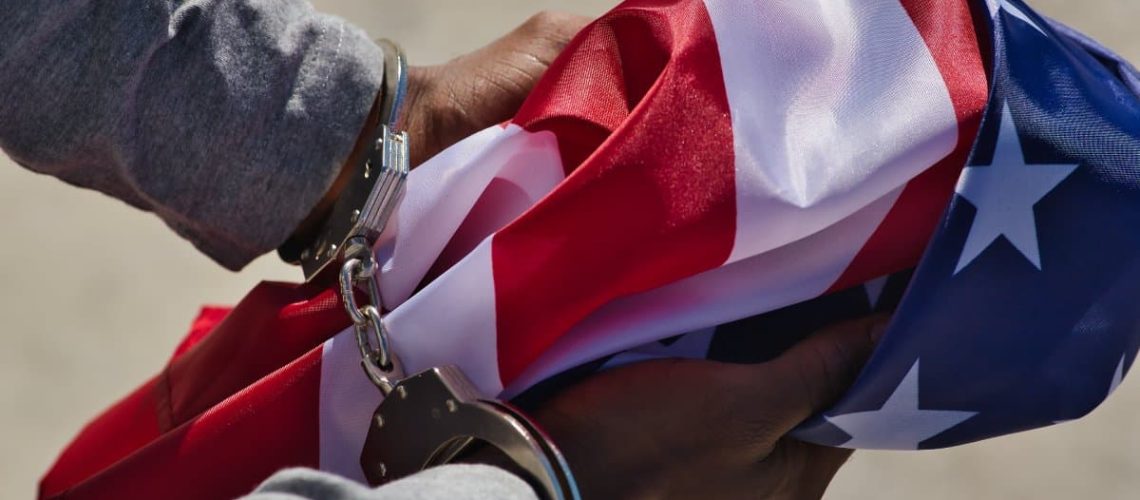Black American continue to encounter significant barriers due to systemic racism. These barriers profoundly impact daily life and long-term well-being. What are the key crisis points that need to be addressed to create a more just and equal society?
1. Police Brutality
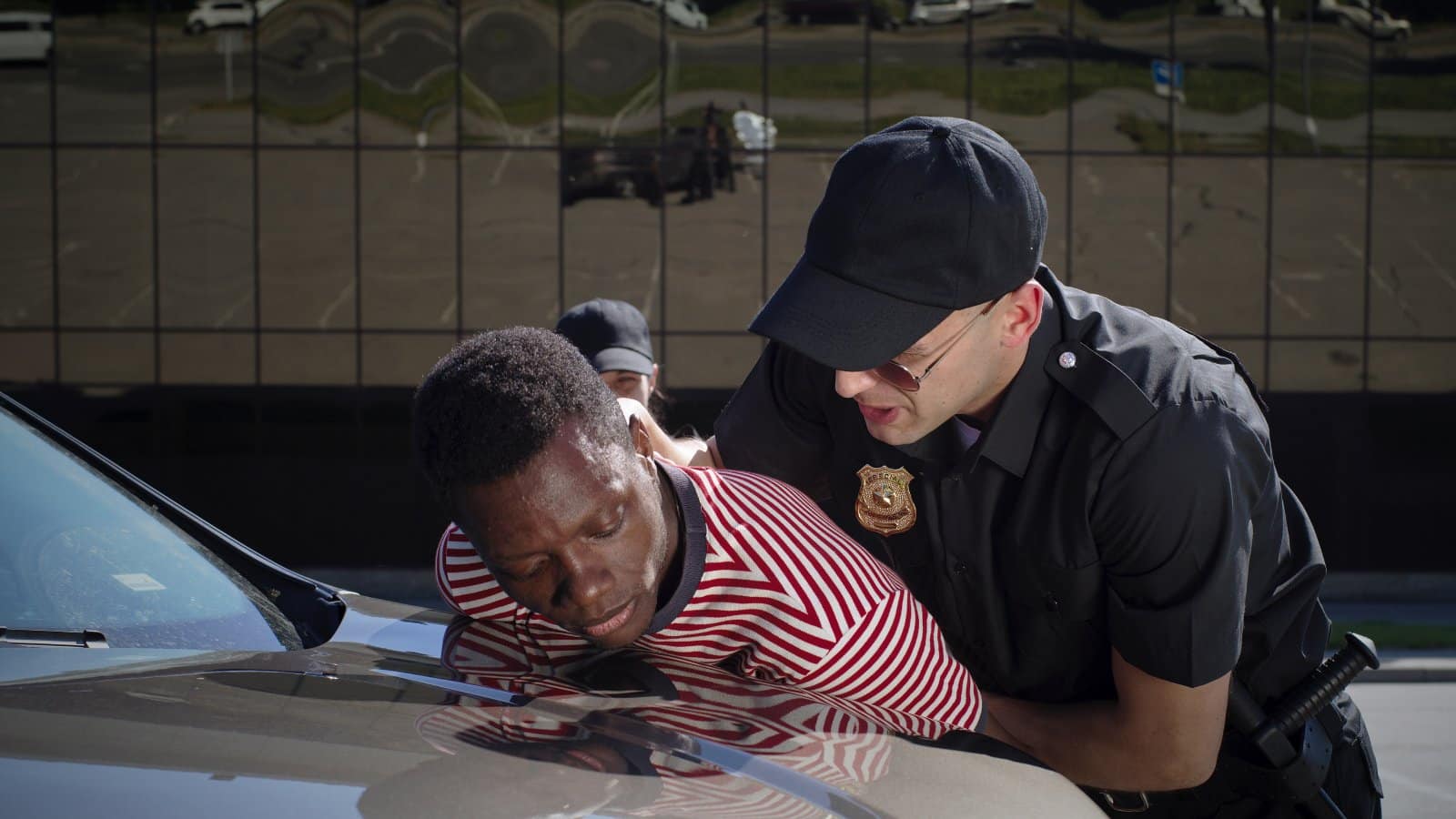
Black Americans are three times more likely to be killed by police than White Americans. This statistic underscores the urgent need for police reform to address racial profiling and excessive use of force.
2. Incarceration Rates
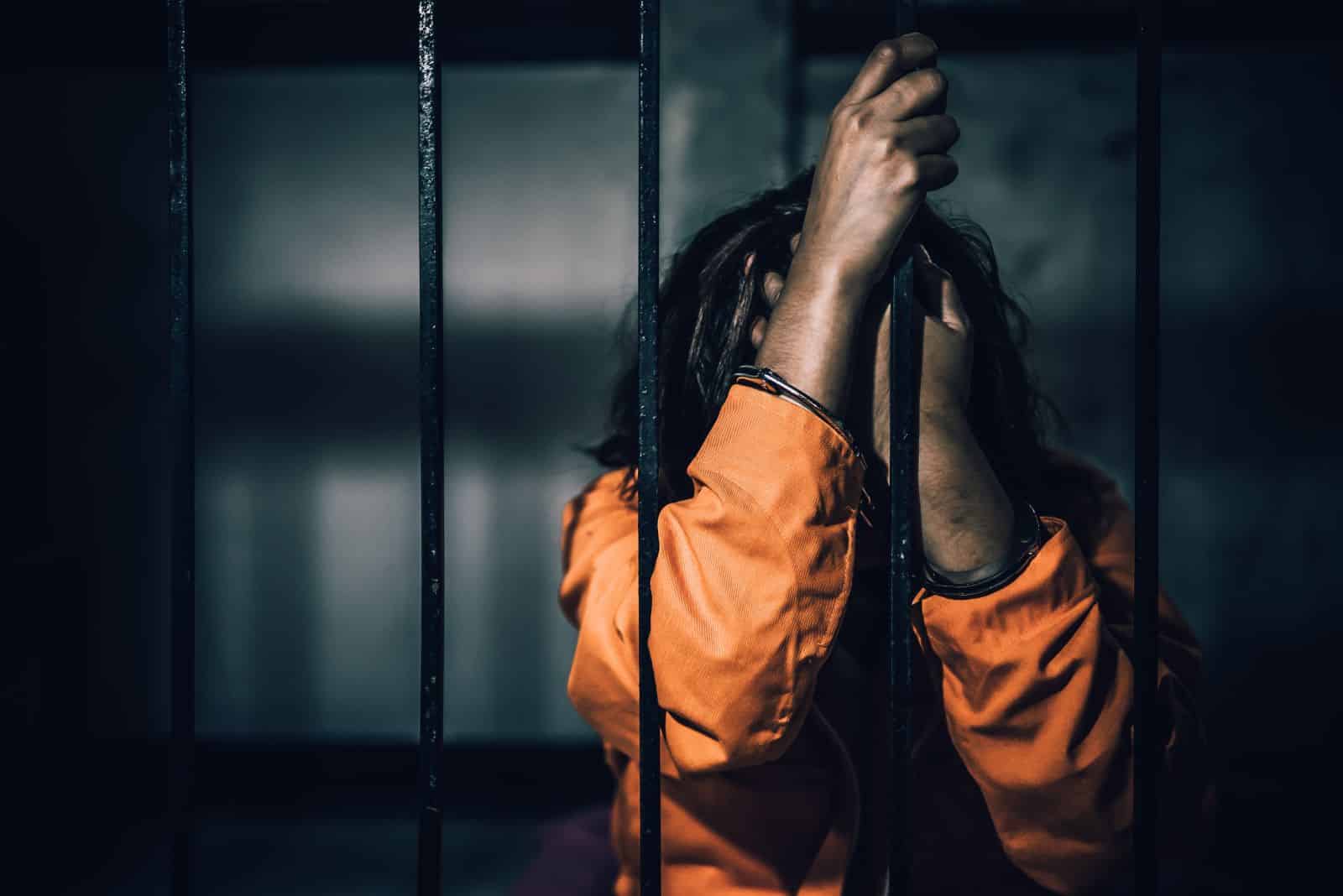
Black individuals are 4.5 times more likely to be incarcerated than White individuals, reflecting systemic biases in the criminal justice system that disproportionately impact Black communities.
3. Economic Inequality
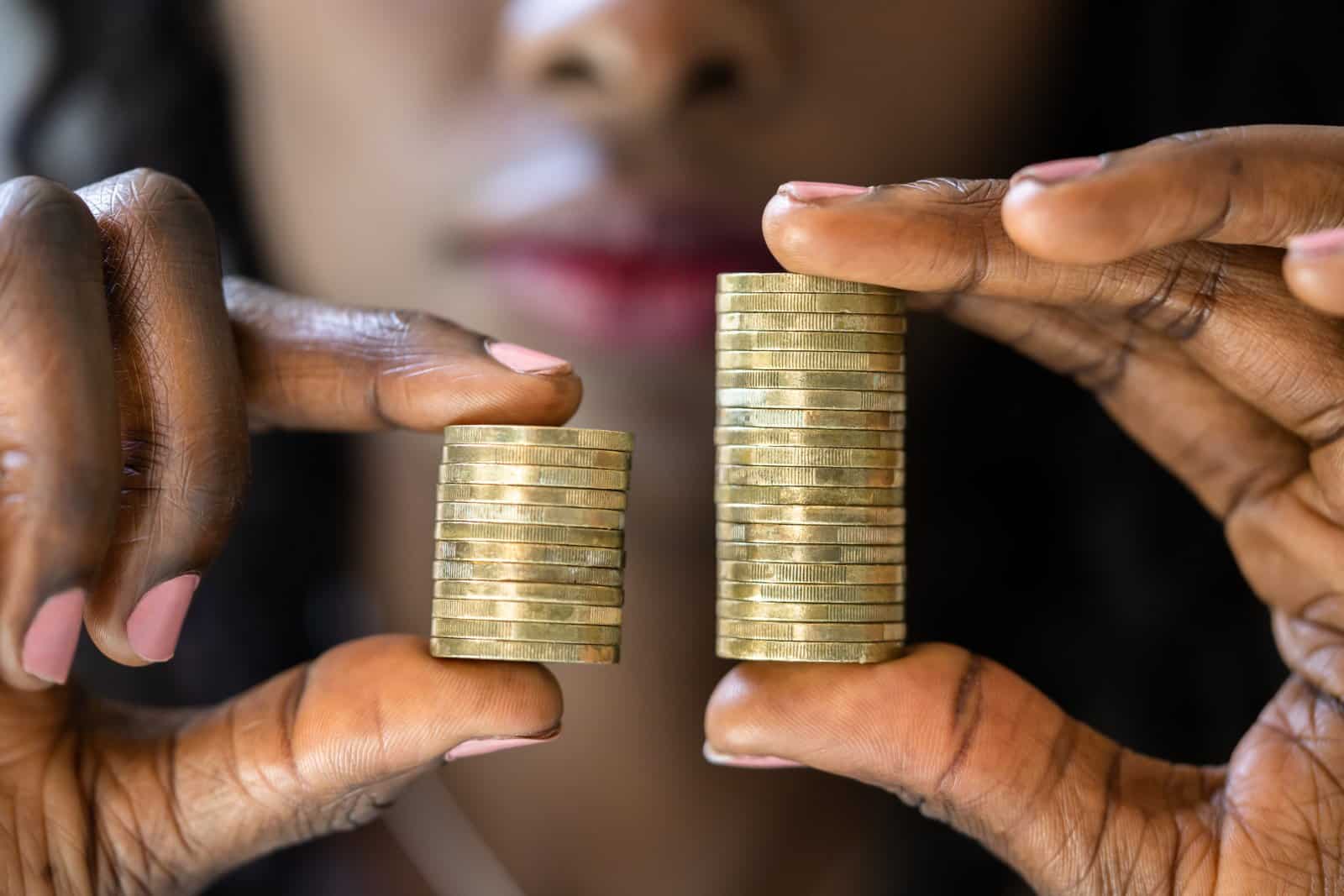
Economic inequality remains a significant issue, with 54% of Black Americans viewing it as a very big problem. Income disparities and employment opportunities continue to hinder economic progress.
4. Health Disparities

Black communities experience higher rates of chronic diseases and have a 30% higher death rate from cardiovascular diseases compared to White communities. These health disparities are exacerbated by systemic racism in healthcare.
5. Mental Health Access
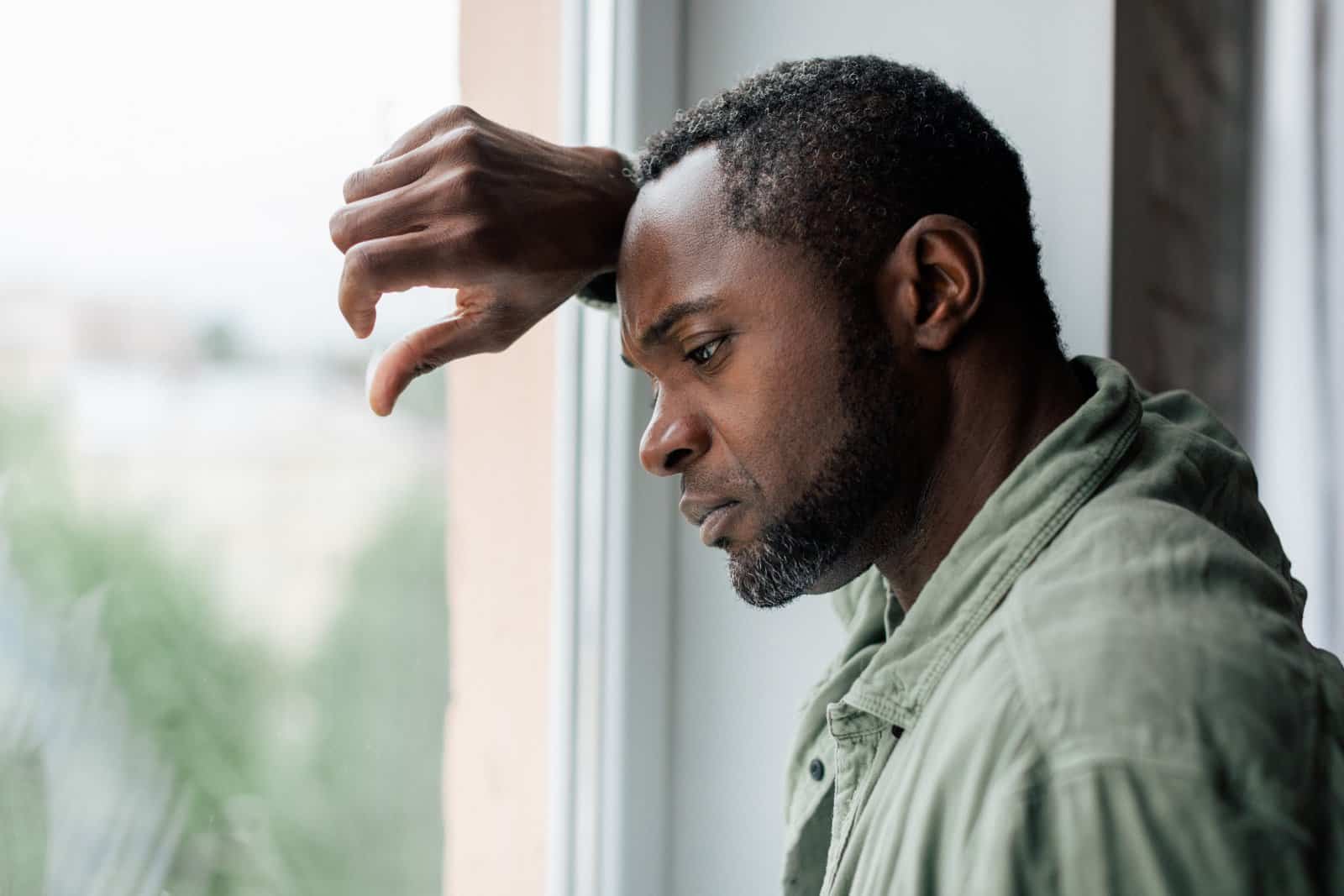
Mental health services are often inaccessible or culturally insensitive to the needs of Black Americans. Community-based participatory research is critical to improving mental health care and reducing stigma.
6. Education Inequality
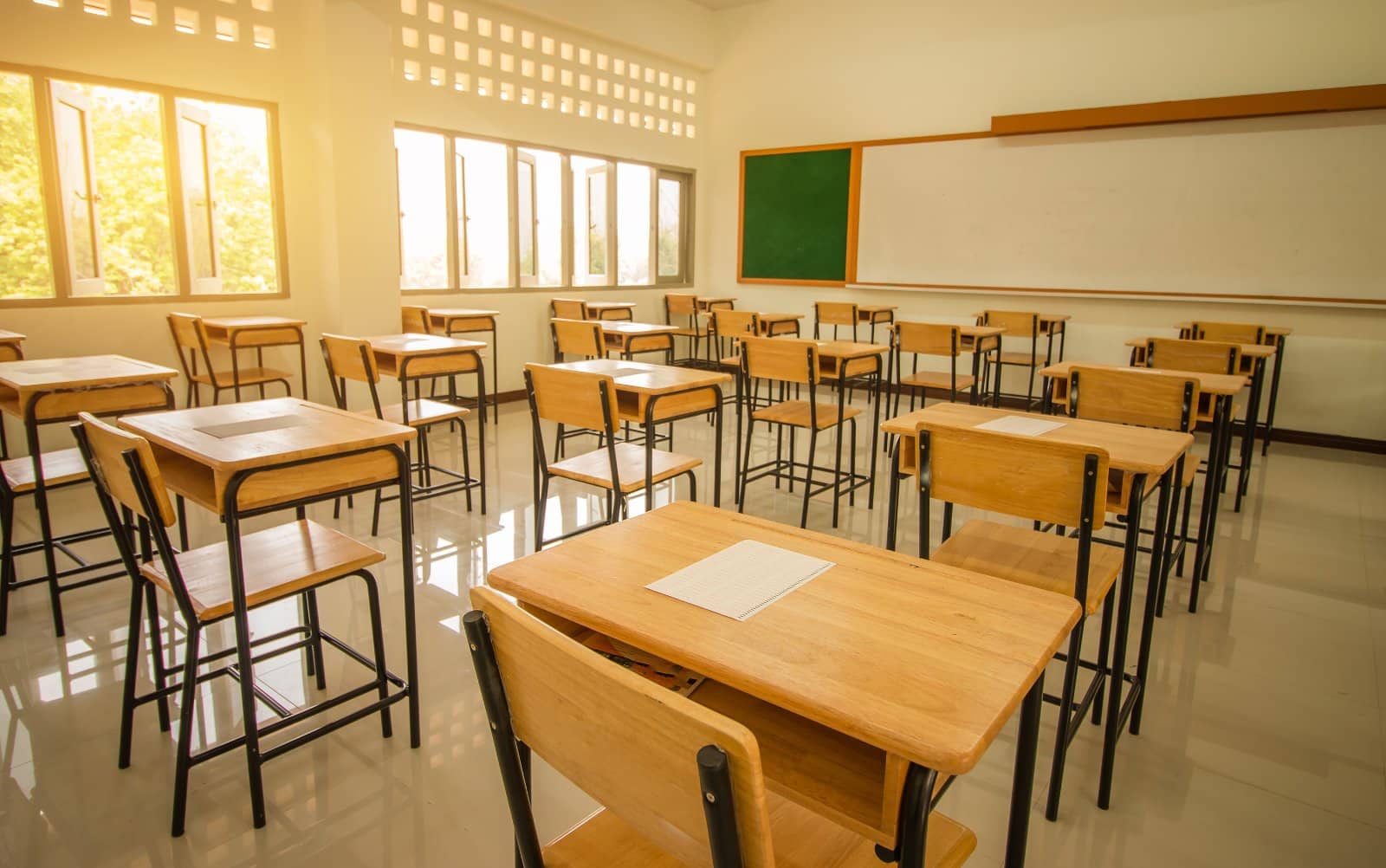
Disparities in the quality of K-12 education affect Black students disproportionately, contributing to lower graduation rates and limited access to higher education opportunities.
7. Housing Discrimination

Long-standing discriminatory practices in housing have resulted in lower homeownership rates and higher instances of substandard living conditions for Black families.
8. Voter Suppression
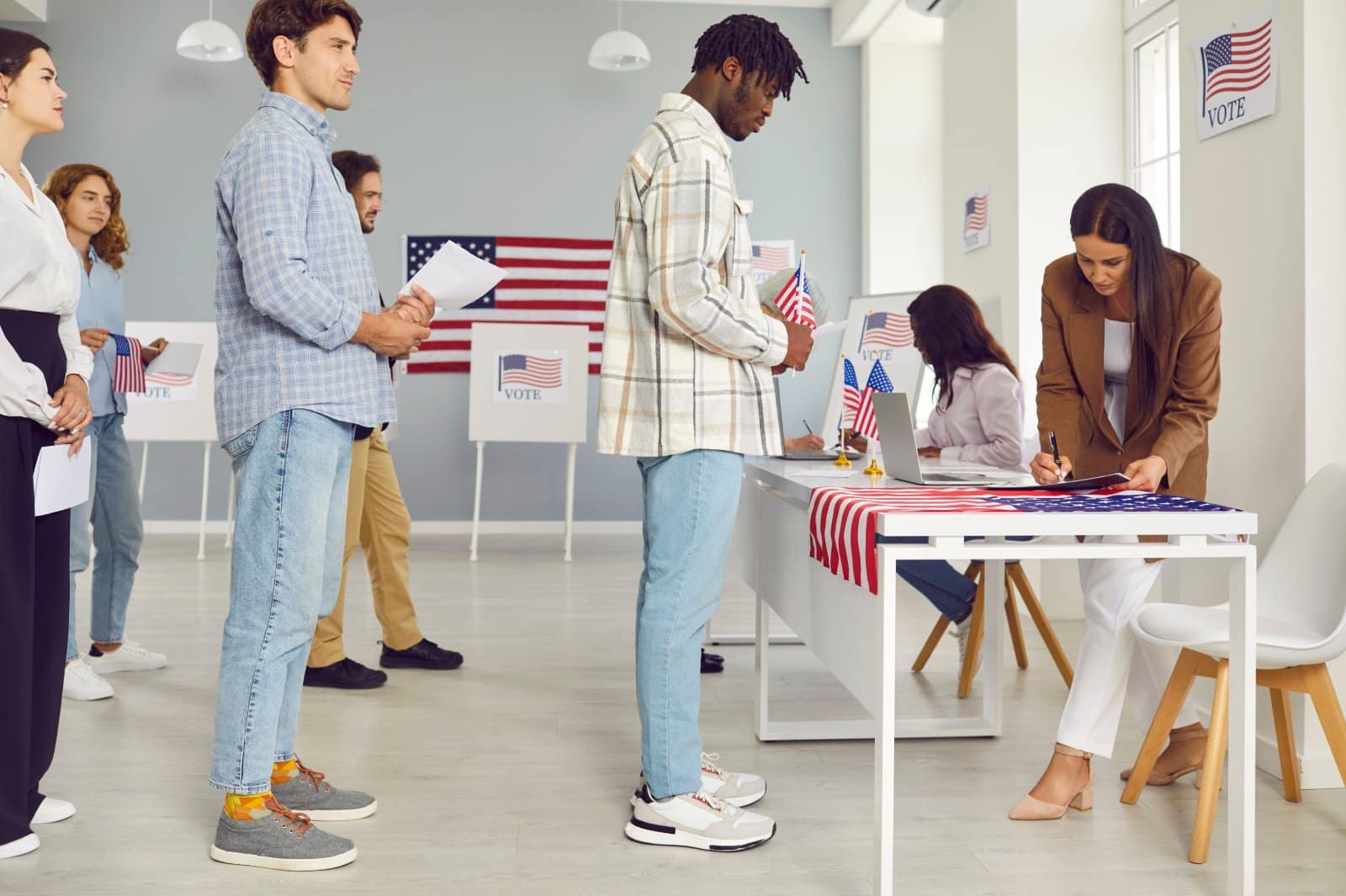
Efforts to limit voting access disproportionately affect Black voters, undermining their political influence and ability to participate fully in the democratic process.
9. Employment Discrimination

Black Americans face higher unemployment rates and are often subjected to discriminatory hiring practices, which limits their career advancement and economic stability.
10. Environmental Racism

Black communities are more likely to be situated near hazardous waste sites and suffer from poor air quality, leading to higher rates of health issues related to environmental factors.
11. Racial Profiling
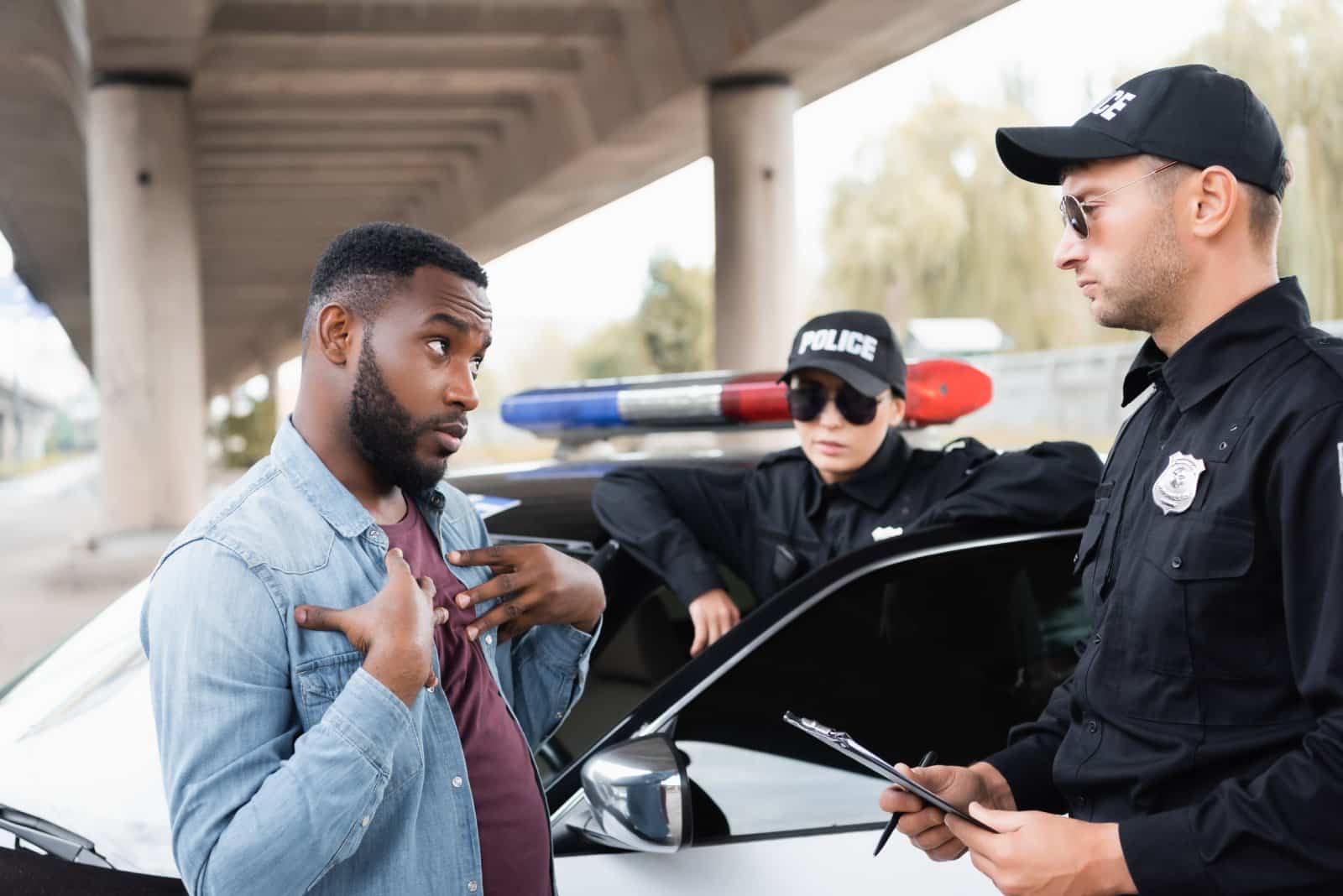
Racial profiling by law enforcement continues to be a pervasive issue, contributing to mistrust between Black communities and the police.
12. Underrepresentation in Media
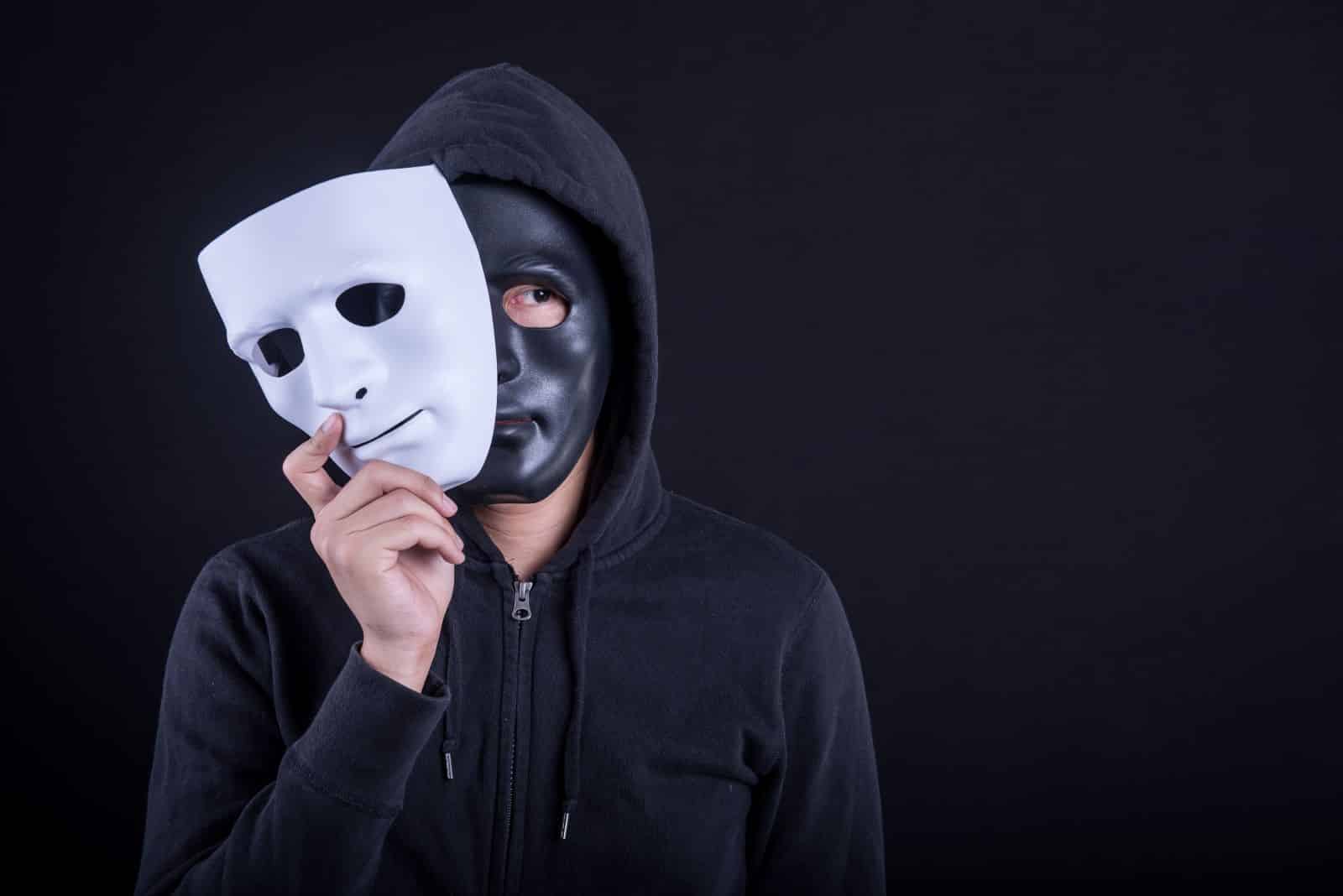
Black Americans are often underrepresented or misrepresented in mainstream media, affecting public perception and reinforcing harmful stereotypes.
13. School-to-Prison Pipeline

Black students are disproportionately disciplined and funneled into the criminal justice system, a phenomenon known as the school-to-prison pipeline.
14. Wealth Gap

The racial wealth gap remains vast, with Black families owning significantly less wealth compared to White families, limiting their financial security and opportunities for generational wealth transfer.
15. Health Insurance Coverage

Black Americans are less likely to have health insurance, leading to poorer health outcomes and limited access to necessary medical care.
16. Access to Capital

Black entrepreneurs often face greater challenges in securing business loans and venture capital, hindering their ability to start and grow businesses.
17. Educational Segregation

Despite progress, many schools remain segregated, with Black students attending underfunded schools with fewer resources compared to their White counterparts.
18. Criminal Justice Reform
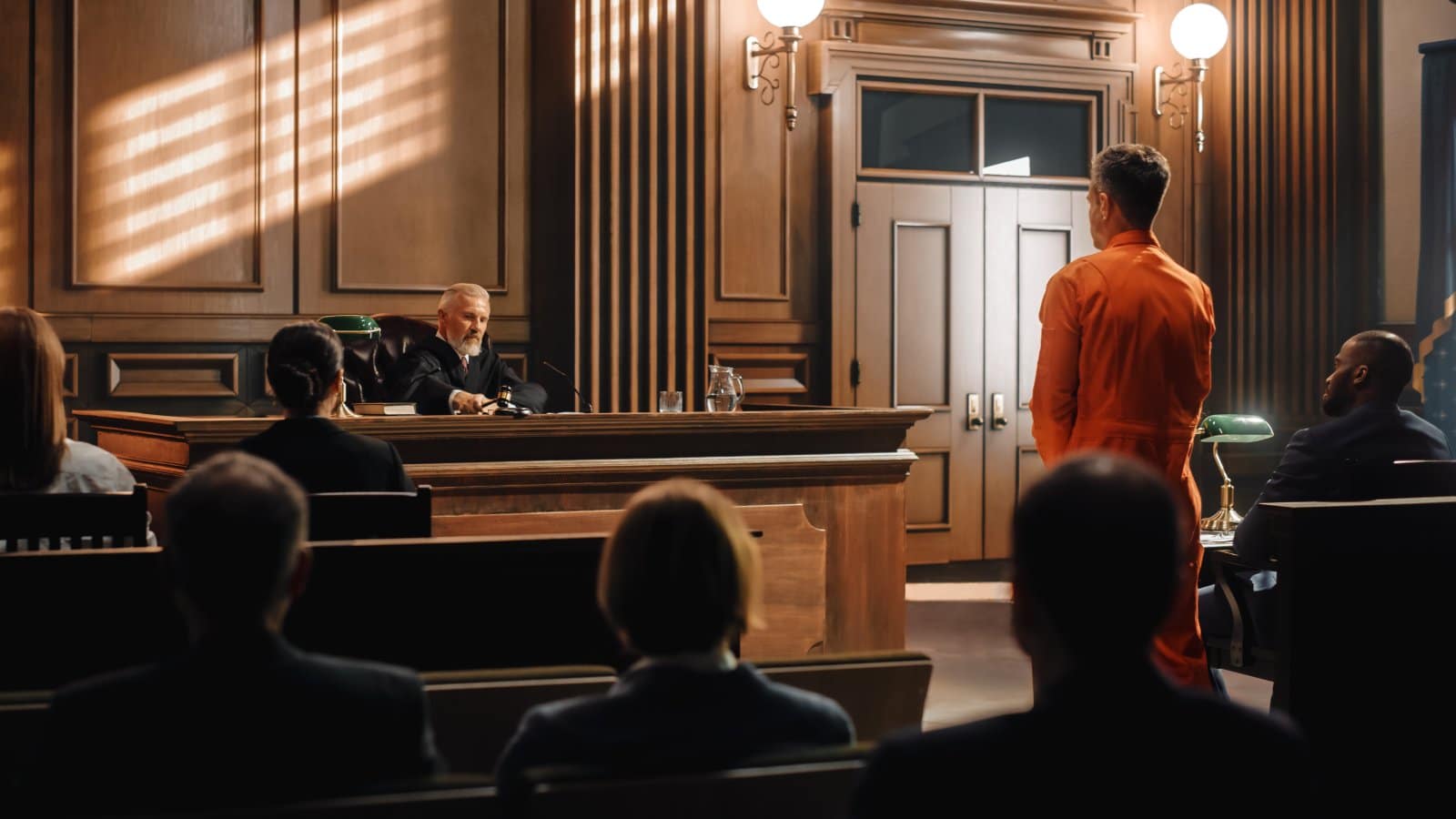
There is a critical need for comprehensive reform in the criminal justice system to address sentencing disparities and improve rehabilitation opportunities for Black individuals.
19. Systemic Discrimination in Healthcare
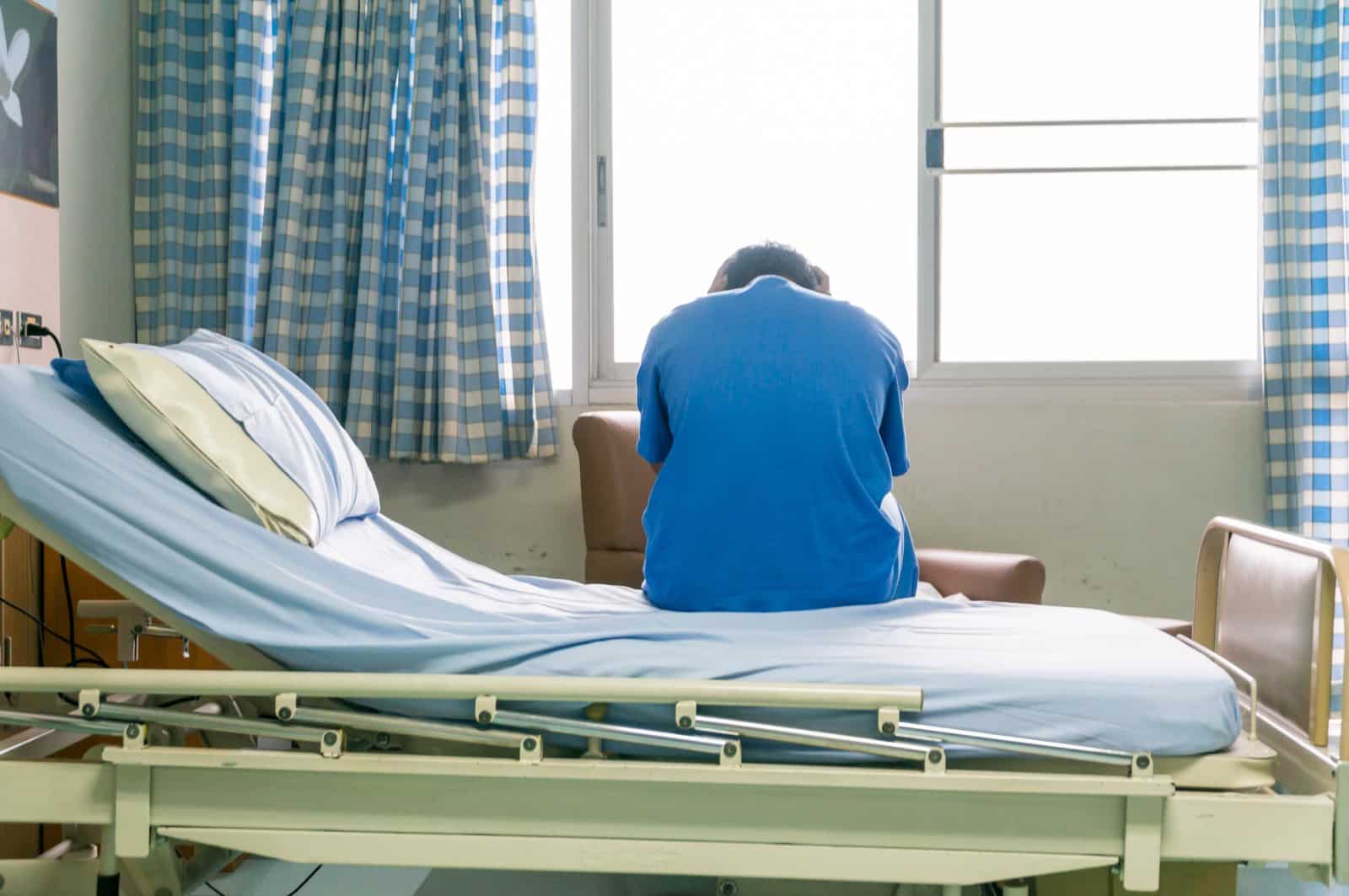
Black Americans face systemic discrimination in healthcare settings, leading to mistrust and reluctance to seek medical help, which worsens health outcomes.
20. Reparations and Acknowledgment of Historical Injustices

Many Black Americans support reparations for slavery and systemic discrimination as a means to address historical injustices and promote healing and equity.
Moving Forward
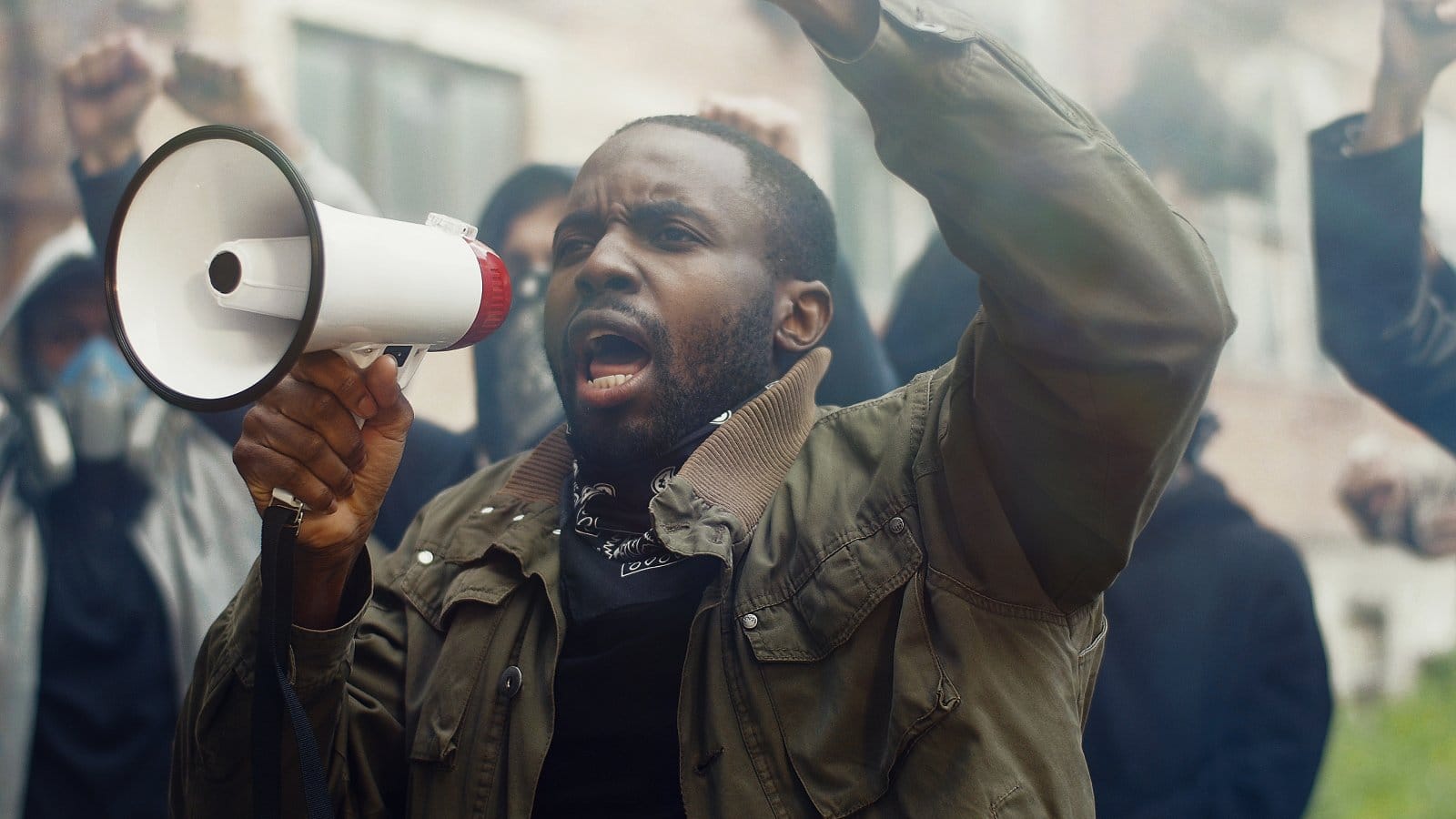
These crisis points highlight the urgent need for systemic change across various sectors of society. How can we work together to address these issues and create a more equitable future for Black Americans?
21 Beliefs About the Bible That Are Actually False

The Bible is one of the most discussed and debated books in history, yet many common beliefs about it are more myth than fact. How many of these misconceptions have you heard before? 21 Beliefs About the Bible That Are Actually False
21 Subtle Racisms That Are Commonplace in America

Racism in America isn’t always overt; it often hides in plain sight through subtle actions and attitudes. How many of these subtle racisms have you noticed around you? 21 Subtle Racisms That Are Commonplace in America
Only Legal in America: 21 Things You CAN’T Do in the Rest of the World
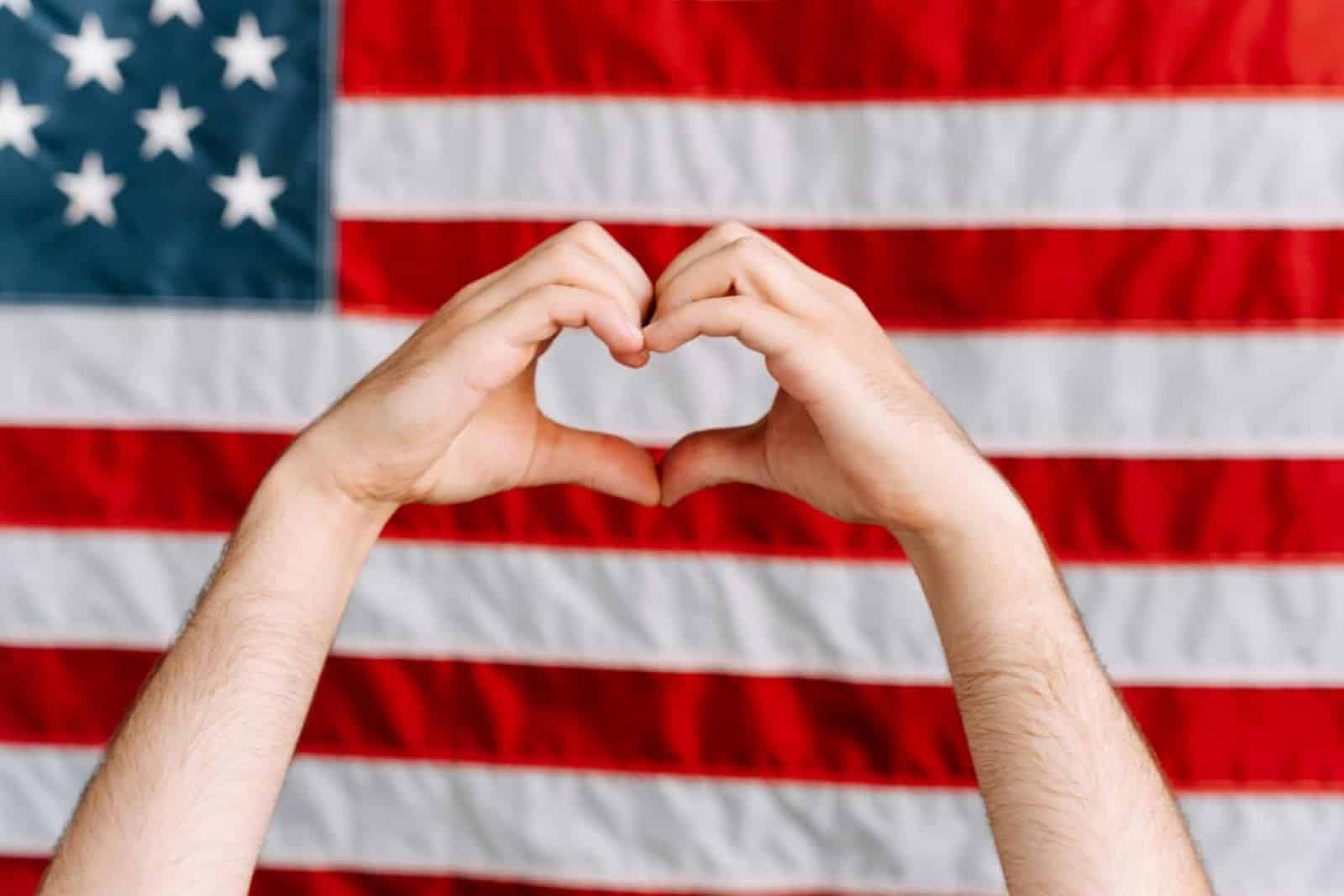
The U.S. dances to its own beat, especially when it comes to laws that make the rest of the world do a double-take. Here’s a lineup of things that scream “Only in America,” sticking strictly to what’s written in the law books. Ready for a tour through the American legal landscape that’ll leave you wondering if freedom might just be a bit too free? Only Legal in America: 21 Things You CAN’T Do in the Rest of the World
The post 20 Crisis Points Facing Black America Right Now first appeared on Pulse of Pride.
Featured Image Credit: Shutterstock / farinasfoto.
For transparency, this content was partly developed with AI assistance and carefully curated by an experienced editor to be informative and ensure accuracy.

